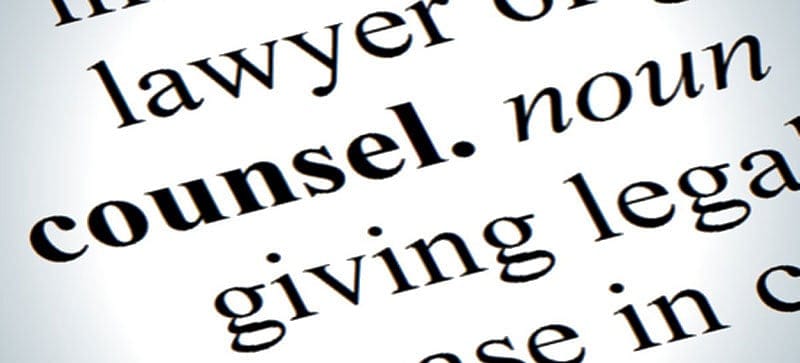Injuring the health of the legal profession

Earlier I wrote about a ruling by the Supreme Court of Canada conscripting Canadian lawyers and judges into the machinery of assisted suicide. I ended with the assessment that lawyers and judges will be litigating and deciding which human beings will be entitled to the protection of the laws against homicide and which are worthy of being killed. Where a doctor is willing to assist a suicide but only if he is exempt from criminal punishment for doing so, the judgments in those cases will be but-for causes of the unjust deaths of the patients killed.
Does this mean that conscientious lawyers and judges in Canada (and Oregon, Washington …) must resign their offices to preserve the integrity of their conscience? I think it depends upon the legal standard adopted to determine who is eligible for the exemption from criminal law.

